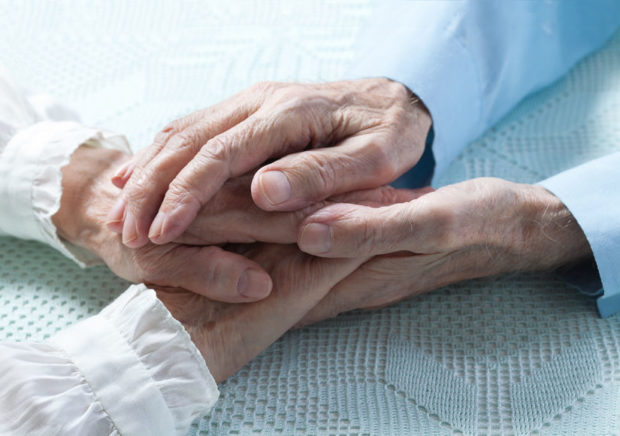Scientists reverse aging in human cells

INQUIRER.net Stock Photo
Researchers have found a way to reverse aging in human cells under laboratory conditions.
Scientists from the University of Exeter, United Kingdom, found they could rejuvenate human cells by inserting small amounts of hydrogen sulfide into old cells referred to as “senescent cells.” They published their study through the United States National Center for Biotechnology Information, which can be accessed through this link.
Senescent cells are generally old cells in the tissues and organs of the body that have stopped functioning. The accumulation of senescent cells contribute to the body’s overall aging process, reports The Conversation.
The process used by the researchers introduced the hydrogen sulfide molecule directly into a cell’s mitochondria, where the cell’s energy is produced.
Hydrogen sulfide molecules naturally occur in the human body, but can be deadly in excess amounts. Breathing in hydrogen sulfide in its gaseous form is highly ill-advised. People may determine the presence of this gas through its smell, which is similar to a rotten egg.
So far, animal test results have shown promise. Experiments showed improvements in age-related diseases. On the human level, the research team wants to affect multiple age-related diseases at once while also removing senescent cells in living people. Alfred Bayle /ra
RELATED STORIES:
Losing sleep triggers viral loneliness, makes people less sociable—study
Smartphones serve as ‘security blankets’ in awkward situations—study
Researchers create cell-sized robots for monitoring different environments